I am proud – if surprised – to continue to be pretty much a lone voice in the wilderness singing the praises of the composer Guillaume Connesson (b.1970), whose substantial new string quartet “Les instants retrouvés” was heard at the Wigmore Hall on Saturday.
Probably the most widely programmed French composer of his generation across mainland Europe and the USA, he continues to be almost completely ignored in the UK. And this is where the surprise comes in. Connesson’s music is at once more accessible than a lot of contemporary music – he is unafraid of heart-on-sleeve melodic outpourings – but also has a core of intellectual integrity that makes it, for me at least, irresistible.
The Belcea Quartet have commissioned this new work, and are in the process of touring it round Europe, the Wigmore Hall being the fourth stop in eight days. So although the piece is new, it is by now solidly bedded it. I have not heard the Belceas live before and they were a revelation, not just in the Connesson but also the accompanying Schubert and Beethoven. Corina Belcea is a wonderfully supple player, and cellist Antoine Lederlin had plenty of spotlight moments in all three pieces, but for me the star was violist Krzysztof Chorzelski, who was the engine-room of the ensemble, driving things forward. He was busy, endlessly communicative, lifting himself off his seat with the force of his upbow – and even at once stage breaking a string with his sheer vigour. Above all he was visibly loving the music, which is such a joyful thing to see. No weary, grizzled veteran, he.
The Schubert – the youthful quartet in E flat D. 87 was dazzling. The precocious exuberance of the 16-year-old composer shines through in the second and fourth movements, but the Belceas found depth in the slow third movement. Here they alternated vibrato-less, even slightly metallic chords with warmer lyrical phrases – not an obvious way to play it, but rather successful.
The second half was the first of Beethoven’s “Razumovsky” quartets, Op. 59 No.1. Here the playing was completely different: muscular, mercurial, punchy and assertive. From the opening noble cello theme, to the steel sheathed in silk of the slow movement, to the fiery energy of the finale, with its teasing fake endings, it was wonderfully played.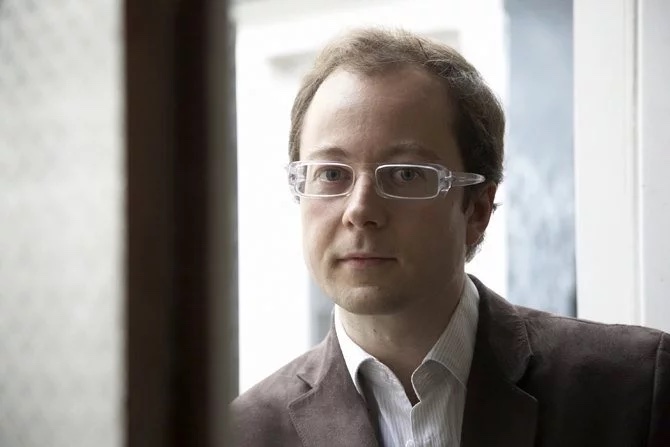 But for me the evening was about the Connesson (pictured above by Marie-Sophie Leturcq). Billed as an autobiographical work, it certainly felt personal and emotionally charged. Connesson is a prolific writer of large-scale, exquisitely scored orchestral pieces, but writing for string quartet seems to engage a different corner of his musical brain. He responds to the intimacy of the medium, whether in fragile melodic writing, in deftly knitted counterpoint or pyrotechnic outbursts that push at the limits of what four instruments can do.
But for me the evening was about the Connesson (pictured above by Marie-Sophie Leturcq). Billed as an autobiographical work, it certainly felt personal and emotionally charged. Connesson is a prolific writer of large-scale, exquisitely scored orchestral pieces, but writing for string quartet seems to engage a different corner of his musical brain. He responds to the intimacy of the medium, whether in fragile melodic writing, in deftly knitted counterpoint or pyrotechnic outbursts that push at the limits of what four instruments can do.
The fifteen-minute first movement was utterly breathtaking, and in some ways I’d have been happy if it had ended there. It sounded unlike anything else by Connesson, its opening cello melody garnished with drooping quartertones, played hypnotically by Antoine Lederlin. There was a vulnerability about Corina Belcea’s playing too, a glimpse into Connesson’s soul, far away from the proudly lush display of his orchestral music. The muted energy of the fast second movement had hints of Prokofiev and Walton, and also perhaps Ravel. The lament of the slow movement was bleakly beautiful. Only in the bustling finale did I feel I was on the familiar Connesson territory of his cello and saxophone concertos, as the piece careered to its manic conclusion. It’s an intriguing new piece which I can’t wait to hear again (I hope the Belceas record it) and a performance which is sending me straight back to their back catalogue.

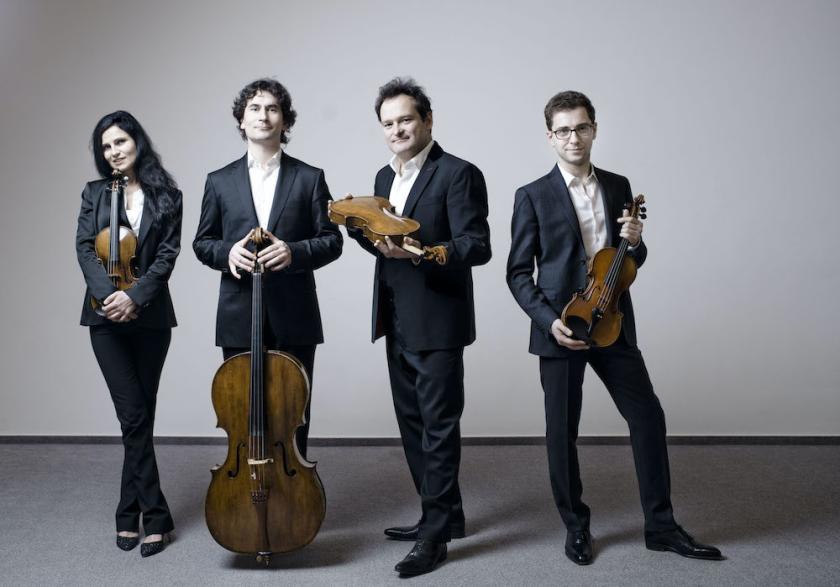

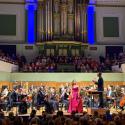
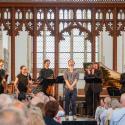
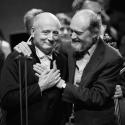








Add comment